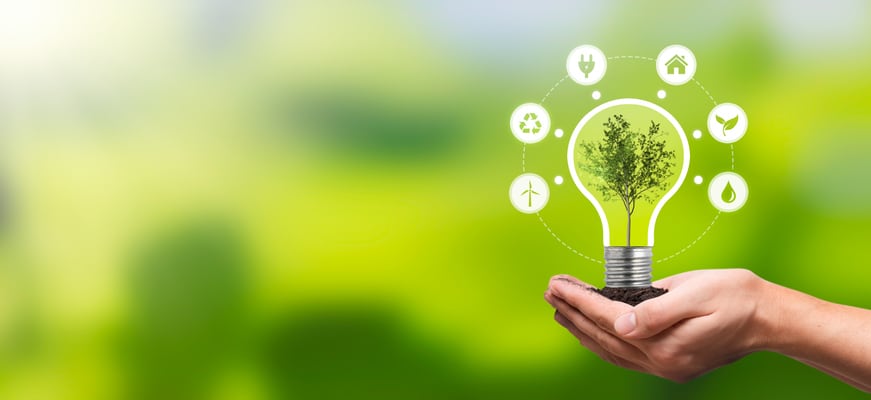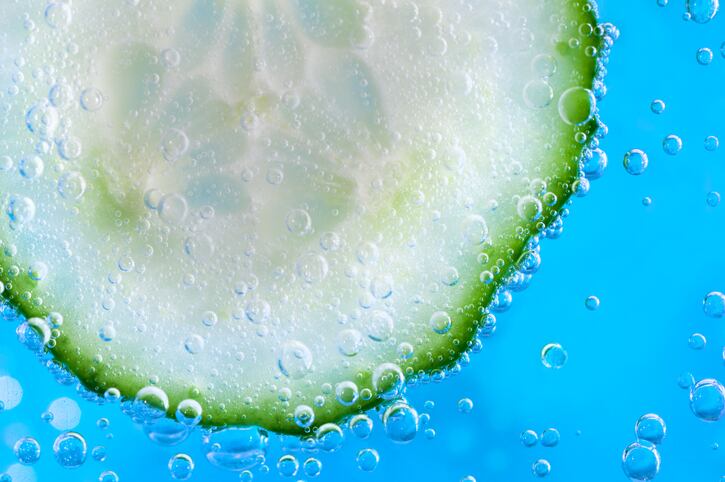Expanding the SodaStream business will avoid more than 200 billion plastic bottles by 2030, says the beverage and snack giant.
PepsiCo’s pep+ ('PepsiCo positive') program will also include cutting virgin plastic per serving by 50% by 2030 and using 50% recycled content in plastic packaging.
SodaStream: 'An icon of positive choice'
PepsiCo acquired SodaStream in 2018 and champions the business as a future consumption model – firstly as 'an innovative platform that almost entirely avoids the need for beverage packaging' and secondly as a system that offers consumers a multitude of personalized options for their beverages.
As part of its pep+ program the company will “continue to scale new business models that require little or no single-use packaging, including its global SodaStream business – an icon of a Positive Choice and the largest sparkling water brand in the world by volume.”
SodaStream is already sold in more than 40 countries. In 23 markets it already offers brands traditionally packaged in single-use bottles or cans – such as Pepsi Zero Sugar, Lipton and bubly.
Now, the SodaStream Professional platform – launched last year to take the brand into away-from -home channels such as workplaces, campuses and airports - will expand into functional beverages and reach more than 10 additional markets by the end of 2022.
Championing SodaStream as ‘an icon of positive choice’, Jim Andrew, Chief Sustainability Officer, PepsiCo, said: “By rapidly expanding the SodaStream ecosystem, we are meeting the needs of consumers at home, away from home, and on-the-go. At the same time, we are also offering consumers positive choices that use less plastic, create fewer emissions, and are better for people.
"pep+ is our roadmap to create the food and drinks people love in a way that helps build the sustainable future we all must have.”
pep+
pep+ will ‘guide how PepsiCo will transform its business operations: from sourcing ingredients and making and selling its products in a more sustainable way, to leveraging its more than one billion connections with consumers each day to take sustainability mainstream and engage people to make choices that are better for themselves and the planet.’
“pep+ is the future of our company – a fundamental transformation of what we do and how we do it to create growth and shared value with sustainability and human capital at the center. It reflects a new business reality, where consumers are becoming more interested in the future of the planet and society,” said Ramon Laguarta, PepsiCo’s Chairman and CEO.
“pep+ will change our brands and how they win in the market. For example, imagine Lay’s will start with a potato grown sustainably on a regenerative field, and then be cooked and delivered from a Net-Zero and Net Water Positive supply chain, sold in a bio-compostable bag, with the lowest sodium levels in the market.
“That’s how pep+ will be better for people, for the planet, and for our business.
“Now, imagine the scale and impact when applied to all 23 of our billion-dollar brands.”
Packaging commitments
In packaging, 11 European markets are moving key Pepsi-branded products to 100% rPET bottles by 2022. PepsiCo estimates that shifting to a 100% rPET bottle will lower GHG emissions by approximately 30% per bottle.
In the US, all Pepsi-branded products will be converted to 100% rPET bottles by 2030, with Pepsi Zero Sugar beginning to be sold in 100% rPET bottles by 2022.
Overall, PepsiCo has set new goals to cut virgin plastic per serving by 50% across its global food & beverage portfolio by 2030, using 50% recycled content in its plastic packaging.
Meanwhile, PepsiCo has been investing in food packaging technology and is now introducing a fully compostable bag made with plant-based materials. Starting with Off The Eaten Path, one of Frito-Lay’s plant-based brands, this industrially compostable packaging will be available to consumers in the US at Whole Foods stores beginning this month. PepsiCo says it is willing to work with other companies to license the same technology at no cost given the importance of creating a circular food packaging system.
pep+ projects
- Positive Agriculture: PepsiCo is working to spread regenerative practices to restore the Earth across land equal to the company’s entire agricultural footprint (approximately 7 million acres), sustainably source key crops and ingredients, and improve the livelihoods of more than 250,000 people in its agricultural supply chain.
- Achieve Net-Zero emissions by 2040
- Become Net Water Positive by 2030
- Progress its $570m diversity, equity and inclusion journey; alongside a new global workforce volunteering program, One Smile at a Time, to encourage, support and empower each one of its 291,000 employees to make positive impacts in their local communities.
Across its portfolio of products, PepsiCo pledges to:
- Incorporate more diverse ingredients in both new and existing food products that are better for the planet and/or deliver nutritional benefits, prioritizing chickpeas, plant-based proteins and whole grains;
- Expand its position in the nuts & seeds category, where PepsiCo is already the global branded leader, including leadership positions in Mexico, China and several Western European markets;
- Accelerate reduction of added sugars and sodium through the use of science-based targets across its portfolio and cooking its food offerings with healthier oils; and
- Scale new business models that require little or no single-use packaging, including its global SodaStream business.


